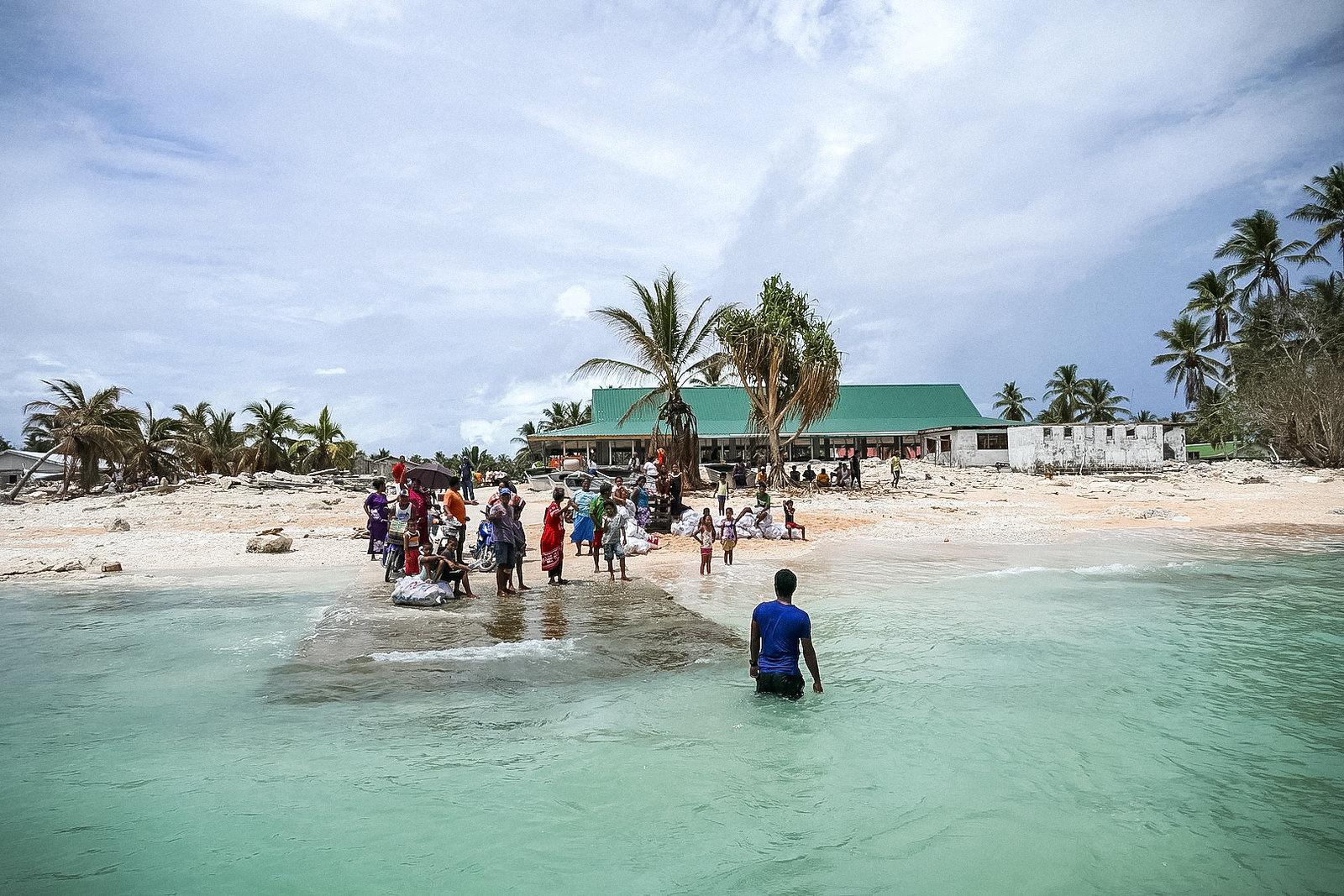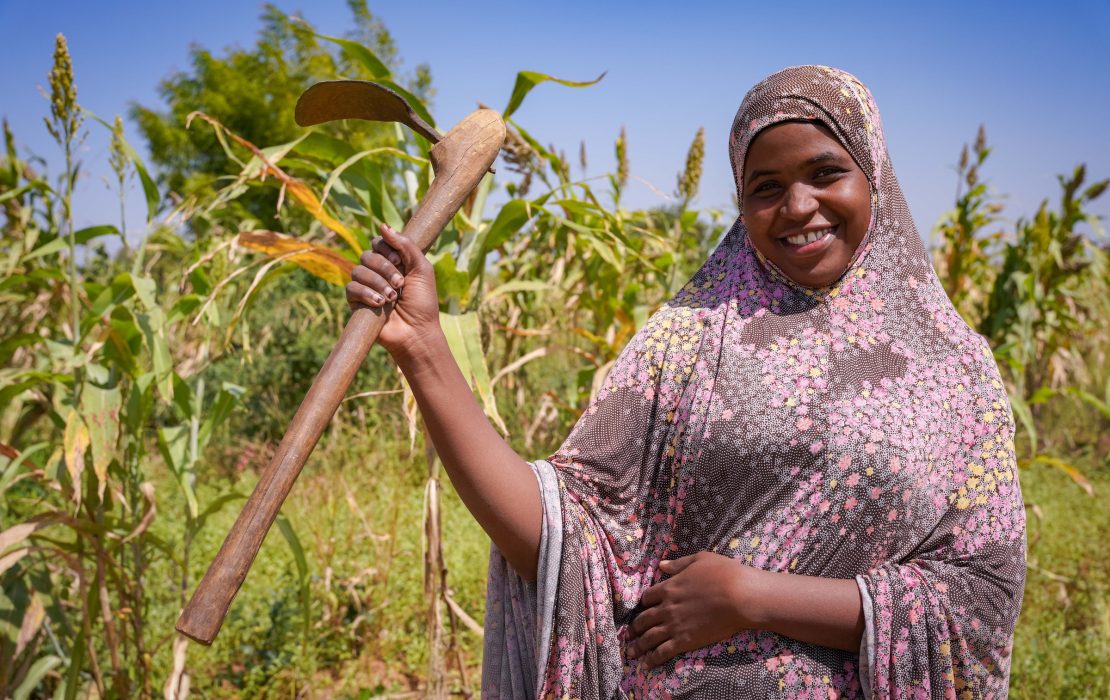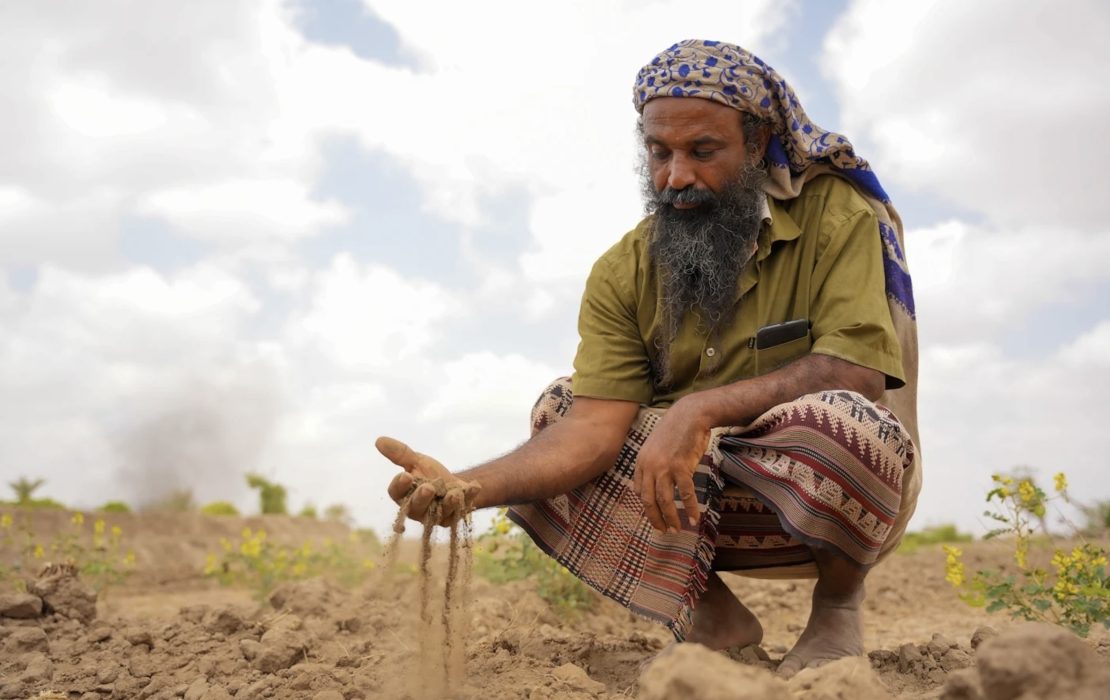
Two new partnerships for scaling up adaptation action in developing countries were launched at the Climate Ambition Summit under the Secretary-General’s Adaptation Pipeline Accelerator. This initiative aims to pioneer a new collaborative model for accelerating investment for adaptation in developing countries. Australia and Spain will partner with the small island developing states of Tuvalu and the Dominican Republic respectively, to ramp up finance flows to turn their adaptation priorities into investment opportunities, and ultimately, action on-the-ground.
These partnerships will bring together governments, public and private financiers, and other stakeholders to support vulnerable developing countries to transform plans into a pipeline of projects that are attractive for public and private investment.
The partnerships come at a defining moment in the fight against the climate crisis when the adaptation needs of developing countries continue to rise as climate change impacts are growing in frequency and intensity.
According to IPCC, globally three billion people are already highly vulnerable to climate change. Between 2010 and 2020, human mortality from floods, droughts and storms was 15 times higher in highly vulnerable regions. Small Island Developing States will become even more vulnerable. For instance, at the current rate of sea level rise, half of Tuvalu's capital could be flooded by tidal waters by 2050 and almost the entire land will be flooded by periodic high tides by the end of this century.
Vulnerable countries are already showing leadership through comprehensive adaptation planning and taking unprecedented action on the ground.
“While we work to reverse the catastrophic impacts of emissions, we must continue to adapt. Tuvalu's Long-Term Adaptation Plan (L-TAP) is the solution to save our entire population beyond worse-case sea level rise beyond 2100. It includes a major undertaking to build a resilient coastline which we are undertaking with the Australian Government under the UN Secretary-General’s Adaptation Pipeline Accelerator initiative. A great example of innovation and the strength of collaborative partnerships in the multilateral system,” said Seve Paeniu, Minister of Finance of Tuvalu.
In the Dominican Republic “reducing vulnerability and increasing resilience of the most vulnerable is an imperative priority. The Dominican Republic has put in place a National Adaptation Plan with an action plan, what is now required is a coordinated and collaborative response among governments, development partners and public and private financiers to help us realise our plans and ambition. Spain has been, and continues to be, a close partner in these efforts,” said Miguel Ceara Hatton, Minister of Environment and Natural Resources of the Dominican Republic.
Global efforts in adaptation planning, financing, and implementation are not keeping pace with the increasing scale and speed of climate impacts. Adaptation needs in the developing world are set to skyrocket to as much as $340 billion a year by 2030. Yet adaptation support today stands at less than one-tenth of that amount.
To scale up at pace and at scale, the Secretary-General has called for a global surge in adaptation investment to support developing countries. Australia and Spain have responded to the call.
“Australia is privileged to partner with Tuvalu to advance their Long‑Term Adaptation Plan, to help protect the lives, livelihoods and culture of Tuvaluans. Australia is taking action to be part of the global solution, delivering real climate action at home, and working with the countries of our region to build resilience," said Penny Wong, Minister for Foreign Affairs of Australia.
“Our partnership with the Dominican Republic is based on the strong commitment and common interest of both countries in promoting transformative adaptation at the core of public policies. The Adaptation Pipeline Accelerator will enhance the coordination of the financial requirements which will be key to make the increase of the resilience of the island a reality,” said Teresa Ribera Rodríguez, Third Deputy Prime Minister and Minister for the Ecological Transition and the Demographic Challenge of Spain.
The new partnerships between Tuvalu and Australia, and the Dominican Republic and Spain, exemplify the “first movers and doers” that the Secretary-General has called for in delivering climate justice, in line with his Acceleration Agenda.
Media contacts:
UNSG’s Climate Action Team: Tyrone Hall tyrone.hall@un.org
GCF: Deborah Hong deborahhong@gcfund.org
NDCP: Caitlin Pinkard caitlin.pinkard@ndcpartnership.org
UNDP: Mehmet Erdogan mehmet.erdogan@undp.org
Background to the initiative
The Adaptation Pipeline Accelerator (APA) seeks to ramp up adaptation finance flows at pace and scale through a new collaboration model that brings together governments, public and private financiers and other stakeholders around the adaptation priorities of developing countries. Under the APA, developing countries are supported in identifying their adaptation priorities, turning their adaptation priorities into an economy wide investment plan and transforming this investment plan into a pipeline of investable projects that are attractive for public and private finance to invest at pace and scale. The delivery of the APA is supported by a group of core partners comprised of the United Nations Development Programme (UNDP), the NDC Partnership, and the Green Climate Fund (GCF) who provide technical and coordination support to countries.

